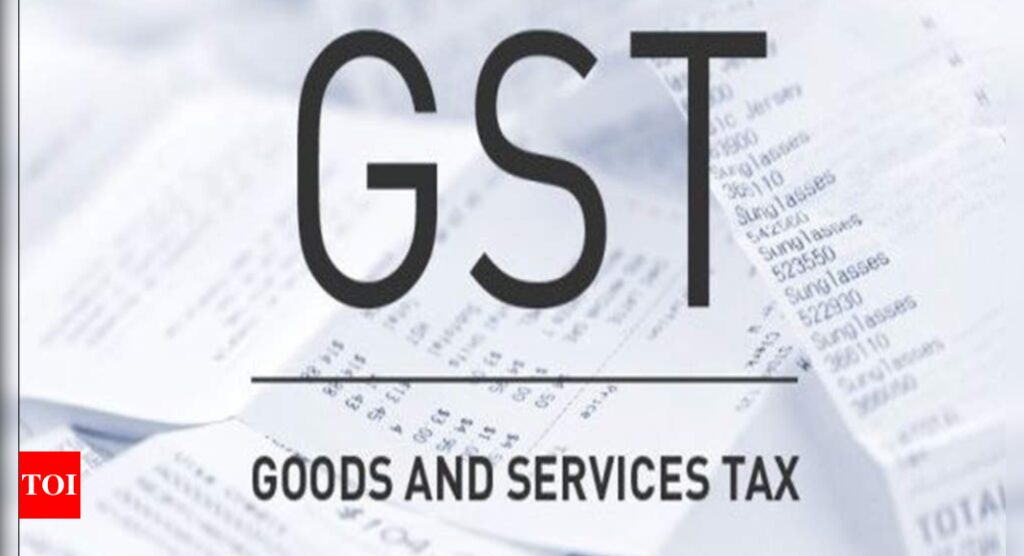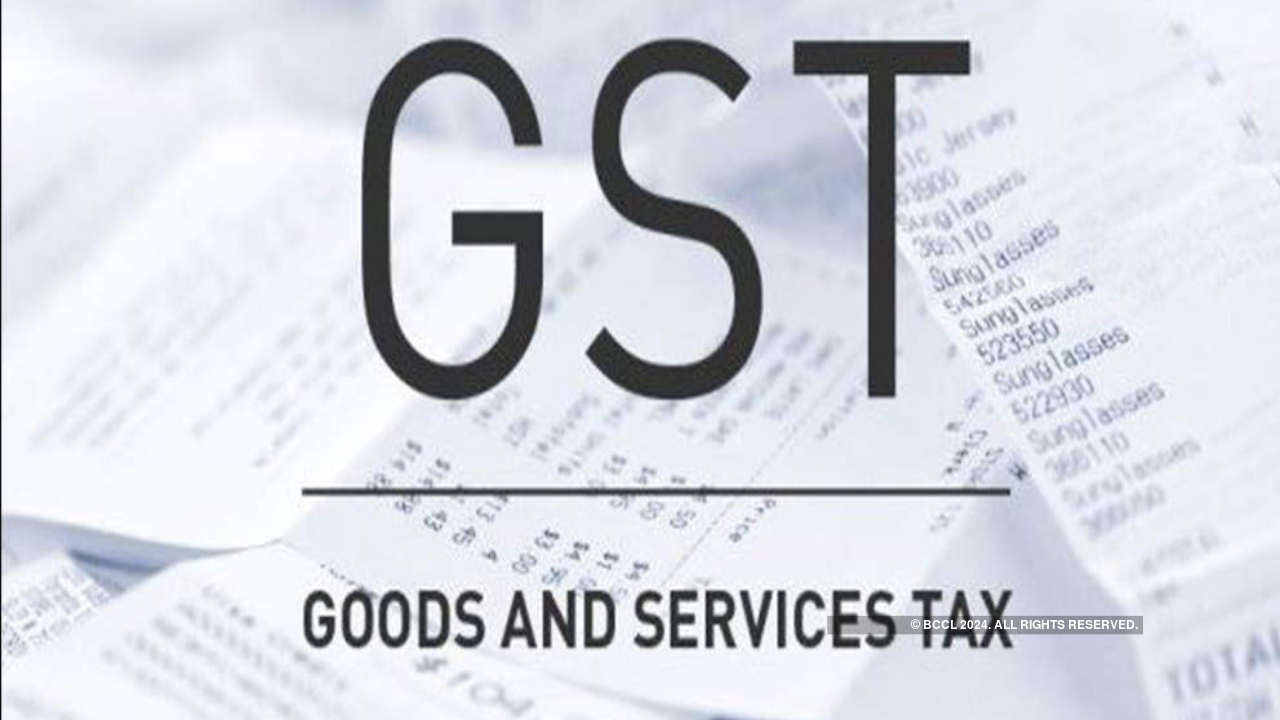[ad_1]
The contention of the GST authorities is that the corporate guarantee given by the holding company to its subsidiary is a free supply between related parties and falls within the ambit of a taxable ‘schedule-1’ transaction. The office of the directorate general of goods and services tax intelligence (DGGI) and state level audit teams are examining such instances across industry sectors.
The GST demand is being raised on the holding company, if it is in India. If it is overseas, the demand is raised on the Indian subsidiary (the recipient of the corporate guarantee) under a reverse charge mechanism.
Pratik Jain, partner at Price Waterhouse & Co, said that it is common practice for the holding/parent company to stand as a guarantor for loans drawn by its subsidiary. The corporate guarantee is provided for the purpose of financing of subsidiaries, or if needed as a part of any commercial bid applied by subsidiaries, or as a ‘letter of comfort’ which may be provided by the overseas company.
Tax professionals agree that on a strict technical interpretation, a free of cost supply between related parties is subject to GST. But Jain points out that in the context of extending a corporate guarantee, the issues involved range from whether there is any underlying supply? Second, if there is an underlying supply what should be the valuation and periodicity of payment of GST.
Manish Gadia, partner at GMJ & Co, a firm of chartered accountants, said, “Rule 28 provides the mechanism to value the transaction between related parties. If ‘full’ input tax credit is available to the recipient subsidiary, then whatever amount is charged would be considered as the value of the supply.”
On July 17, the Central Board of Indirect Taxes and Customs (CBIC) clarified that in those instances where the head-office has not issued a tax invoice to the branch office for services provided to it, and the branch is eligible for ‘full’ input tax credit, the value of such services may be deemed as ‘nil’.
“While this circular refers to a cross-charge between a head-office and branch office, Rule 28 is common for transactions between distinct persons (head office and branch) and also related parties (holding company and its subsidiaries). Hence, the same ratio can be applied where the value of the supply of corporate guarantee will be nil and no GST will be payable,” said Gadia.
According to Jain, as this circular was specific to cross-charge, the danger of litigation by the GST authorities remains. “The larger issue arises in cases where input credit is not fully available and Rule 28 cannot be applied. This happens in cases of infra projects and real estate where corporate guarantee is most common,” Jain said.
[ad_2]
Source link











More Stories
India’S Growth Forecast: S&P ups India’s FY’24 growth forecast to 6.4% on robust domestic momentum
India to remain fastest-growing major economy, but demand uneven: Poll
Jack Ma: Jack Ma gets back into business with ‘Ma’s Kitchen Food’